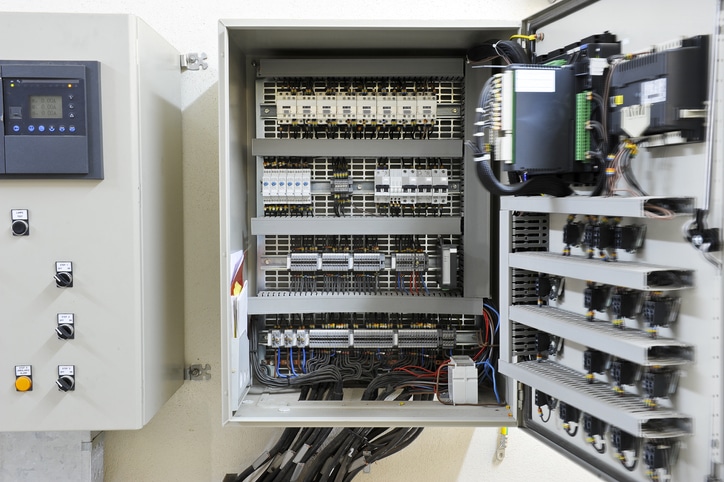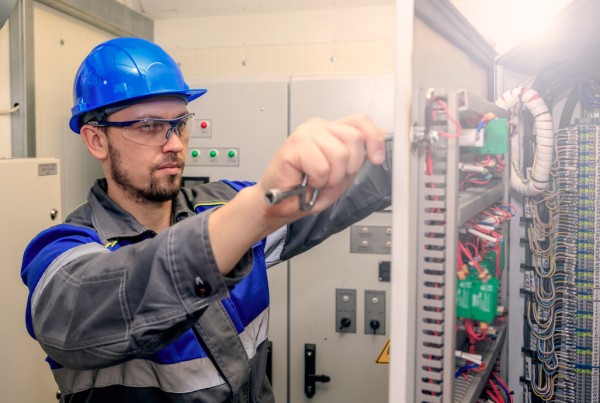The concept of grounding electrical systems is fairly straightforward: you run a grounding wire into the ground (using a grounding rod) that must be at least 8 feet deep, according to the electrical code. Why do we do this, though? What purpose does it serve for large-scale electrical contractors?
Since the discovery of electricity, our access to technology, and the complexity of that technology have increased dramatically, providing us with incredible benefits. But it remains one of the most hazardous power sources we rely on, particularly if it’s not treated with care. And grounding wires help greatly reduce the risk that electrical currents present to us.
Let’s take a closer look at why contractors and businesses providing electrical services need to ground electrical systems.
Understanding Electrical Systems
Electrical systems consist of three types of wires;
- Active wires. This is the primary wire that supplies the power. A black or red Romex wire is commonly used as an active wire to give other contractors a heads up if they are working on the system in the future.
- Neutral wires. This wire carries the current supplied into the system back to its source. Grey or white wires are generally used as neutral wires, but other colors can serve this purpose as well.
- Grounding wires. This wire (generally green or bare copper) is attached to outlets and electrical subsystems to give the electrical current an additional path to flow (directly into the ground). The current takes this path only when there is a short circuit, which results in a blown fuse or tripped breaker.
Why Electrical Contractors Ground Systems – Importance of Grounding
There are five main reasons why electrical contractors need to ground electrical systems.
It Protects Against Electrical Overload
By grounding large electrical systems, contractors help save every appliance and person in the building. If there are surges in electricity because of a transformer malfunction or lightning strikes the building, the power surge gets grounded immediately to blow fuses or trigger breakers.
Directs Electric Current Flow
By giving electrical current an alternate path, electrical contractors can direct power to specific points throughout the system, even crucial ones, without increasing the risks.
Creates a Stable Voltage Level
Any excess power in a grounded electrical system gets transferred to the ground, hence reducing the overall load on your electrical system. This way, electrical contractors make sure that you don’t overload the circuit or your appliances.
Avoid Risks of Fire
The earth acts as a conductor by allowing the electrical current to disperse. As soon as the excess electrical current gets grounded, it transfers all its energy through the path of least resistance to the nearest electrical system. Because of Earth’s conductive properties, the current will find a path of least resistance and disperse elsewhere instead of causing sparks and leading to fires.
Helps Save Lives
Properly grounded electrical systems give the current a place to go instead of you – even if you accidentally touch a live wire. This way, the ground wire helps protect against burns, major shocks, and more.
Depending on how large the project is, grounding requirements may differ. You should hire experts to help you determine what your system needs to mitigate the risks effectively. Skyline Electric caters to large-scale electrical projects and can help you ensure occupant safety with the right solutions. Get in contact with us today, and let’s get started on your project!




